Civilisation pollutes. Every improvement will bring poison and entropy in its wake. Apparently infinite resources are always finite. Immediate gain is inevitable loss. Lip service to ideals of balance and moderation is as old as humanity and has never been enough.
Peter Frankopan’s story of our relationship to the world across all planetary space and human time is necessarily vast – 660 pages of text, with footnotes relegated to 212 pages online – in which the grand cycle is enacted again and again.
Already a subscriber? Log in
Subscribe for just $2 a week
Try a month of The Spectator Australia absolutely free and without commitment. Not only that but – if you choose to continue – you’ll pay just $2 a week for your first year.
- Unlimited access to spectator.com.au and app
- The weekly edition on the Spectator Australia app
- Spectator podcasts and newsletters
- Full access to spectator.co.uk
Unlock this article
You might disagree with half of it, but you’ll enjoy reading all of it. Try your first month for free, then just $2 a week for the remainder of your first year.

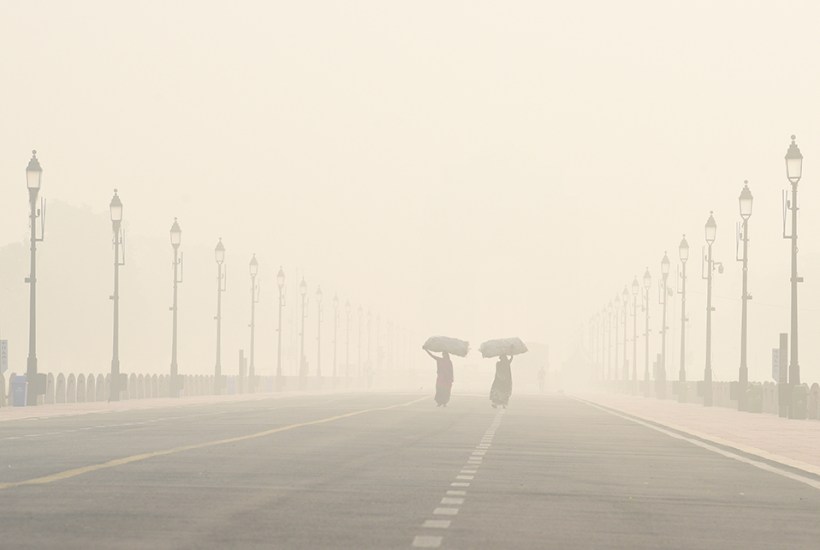
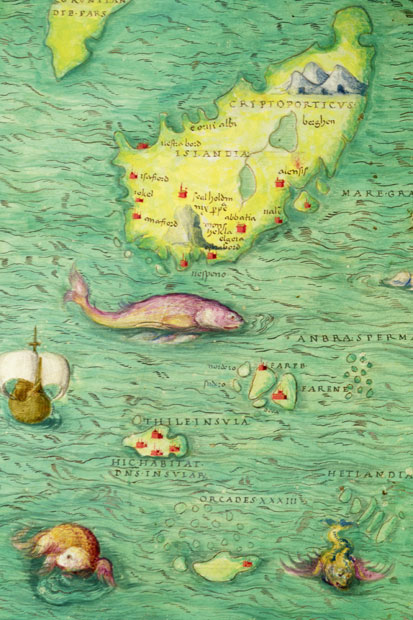
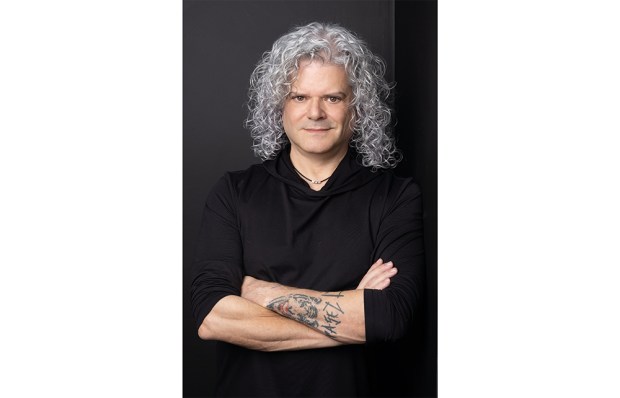
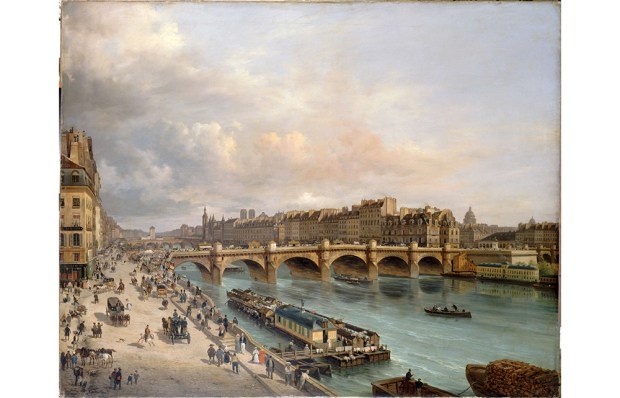
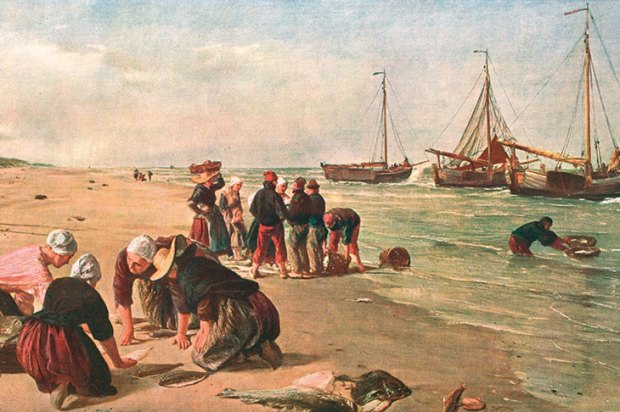
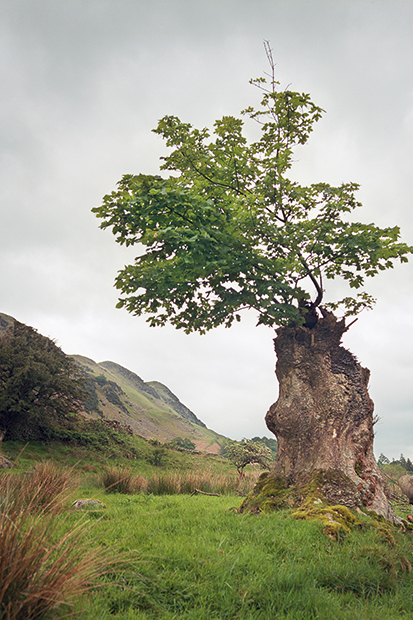







Comments
Don't miss out
Join the conversation with other Spectator Australia readers. Subscribe to leave a comment.
SUBSCRIBEAlready a subscriber? Log in